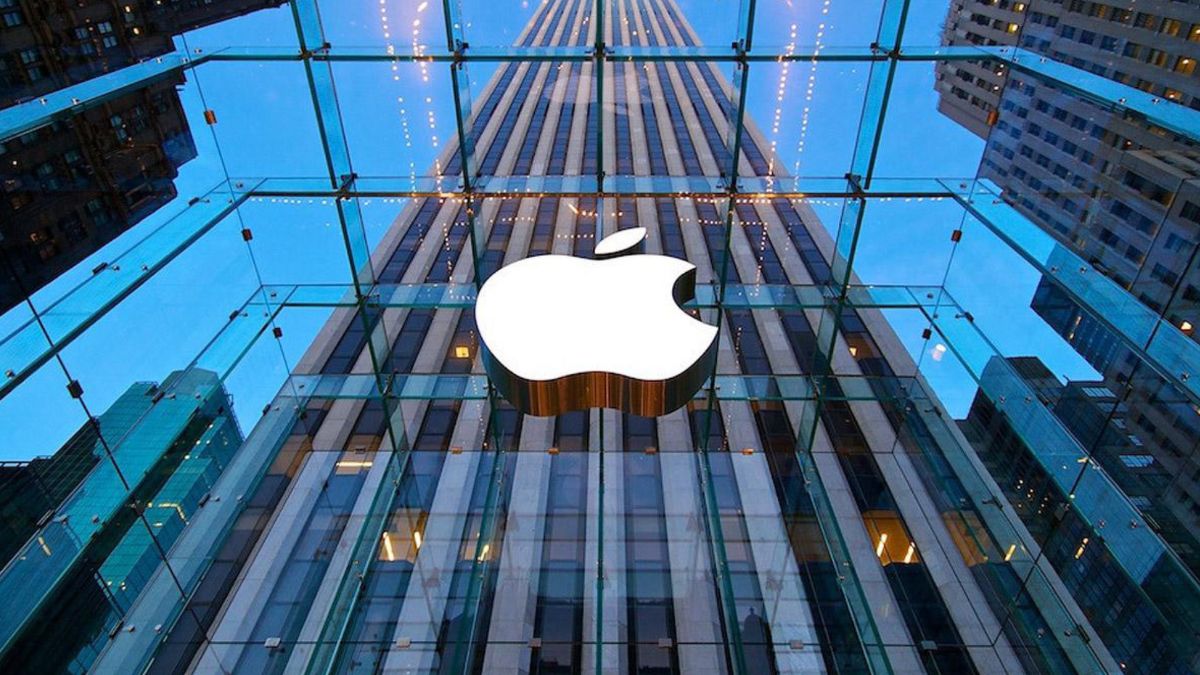Necessary Always Active
Necessary cookies are required to enable the basic features of this site, such as providing secure log-in or adjusting your consent preferences. These cookies do not store any personally identifiable data.
|
||||||
|
||||||
|
||||||
|

In Focus
Apple demands EU repeal Digital Markets Act after formally requesting European Union authorities to review the legislation, stating that the law introduces delays in product innovation and heightens security risks for users.
According to Reuters, Apple emphasized that Apple DMA compliance challenges have forced multiple Apple iPhone feature delays and created operational complexities in its European markets. The appeal coincides with the European Commission’s broader assessment of the EU Digital Markets Act delay in addressing emerging technologies, including artificial intelligence. Apple has launched a new watch with hypertension alert feature.
Apple highlighted that the DMA’s interoperability requirements with third-party services have led to postponed product features across the EU. Specific delays include iPhone Mirroring, Live Translation with AirPods, and location-specific Maps functionalities. The company noted that balancing Apple DMA compliance with robust privacy and security measures presents significant operational hurdles.
Apple further cautioned that sideloading risks and alternative app marketplaces could expose users to scams and malware. The company stressed that existing privacy safeguards have not been approved by EU regulators, reinforcing the notion that Apple facing privacy and security risks due to DMA complicates consistent and secure service delivery across European operations.
In other news, Apple’s manufacturing in India has achieved a significant milestone as contract manufacturers successfully crossed the 20% domestic value addition.
Tim Cook stated, “We see AI as one of the most profound technologies of our lifetime…” He added on the Q3 2025 earnings call with investors. While this statement addressed AI, it reflects Apple’s broader concern regarding EU Digital Markets Act delay and its potential to hinder technological adoption or operational flexibility.
Despite recent adjustments to App Store policies to achieve Apple DMA compliance, Apple maintains that the DMA continues to constrain innovation and user experience. This regulatory friction is prompting industry observers to closely monitor the implications on digital business strategies within the European technology sector.
The ongoing interaction between Apple and EU regulators highlights the intricate regulatory environment technology companies face in Europe. Businesses reliant on Apple hardware and software should consider potential Apple iPhone feature delays and assess cybersecurity risks when designing digital strategies.
The review of the DMA could shape future regulatory frameworks and compliance standards for European and multinational technology enterprises, impacting innovation timelines and operational planning.